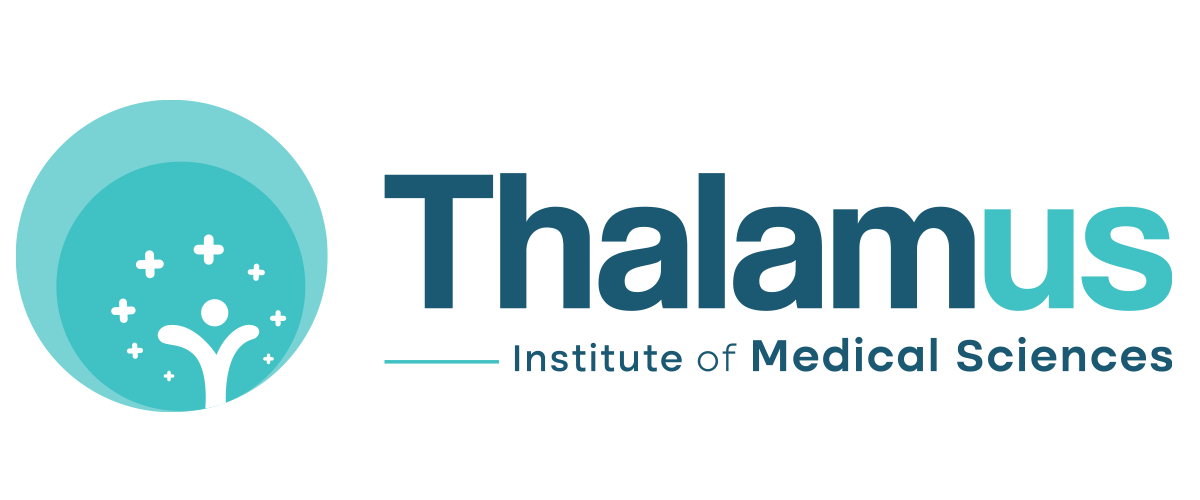blogs & News-> Blogs-> Top Brain Tumour Care at the Best Neuro Hospital in Siliguri-> Brain tumours can sound alarming, but do all of th...

Top Brain Tumour Care at the Best Neuro Hospital in Siliguri
Category: Blog | Published By: Thalamus Institute of Medical Sciences | Created: 6 months ago
Brain tumours can sound alarming, but do all of them lead to cancer? The answer is no. While some tumours are malignant (cancerous), many are benign (non-cancerous) and do not spread aggressively.
Therefore, it is essential to understand brain tumours, their types, symptoms, and diagnosis for early detection and proper treatment.
However, in this blog, the best neuro hospital in Siliguri discusses what is brain tumour, its types, symptoms, diagnosis, and prevention.
What is a Brain Tumour?
A brain tumour is an abnormal growth of cells within or around the brain. These tumours can affect brain function by pressing on surrounding tissues, leading to neurological symptoms. However, not all brain tumours are life-threatening.
Brain tumours are classified into two main types:
1. Benign Brain Tumours (Non-Cancerous)
- Grow slowly and do not spread to other parts of the brain.
- Can cause pressure on the brain, leading to complications.
- Example: Meningioma – a tumour that develops in the protective layers of the brain and spinal cord.
2. Malignant Brain Tumours (Cancerous)
- Grow aggressively and invade nearby brain tissue.
- Require immediate medical intervention, such as surgery, radiation, or chemotherapy.
- Example: Glioma – a common cancerous brain tumour that affects the brain’s supportive glial cells.
If you suspect a brain tumour, seeking treatment at the best neuro hospital in Siliguri can ensure accurate diagnosis and the right treatment approach.
Brain tumours may present varied symptoms depending on their size, type, and location. Some common signs include:
- Persistent Headaches – Often worse in the morning.
- Seizures – Uncontrolled movements due to abnormal brain activity.
- Nausea & Vomiting – Caused by increased pressure in the brain.
- Vision Problems – Blurred or double vision, or loss of peripheral vision.
- Cognitive Changes – Memory loss, confusion, or difficulty concentrating.
- Weakness/Numbness – Usually affects one side of the body.
- Speech & Hearing Difficulties – Trouble understanding or expressing words.
If you or someone you know is experiencing these symptoms, visit the best neurology hospital in Siliguri for an early diagnosis.
Diagnosis of Brain Tumours:
Diagnosing a brain tumour requires multiple tests and expert evaluation. The best neuro hospital in Siliguri offers advanced diagnostic procedures, including:
- Neurological Examination – Tests reflexes, balance, and coordination.
- MRI (Magnetic Resonance Imaging) – Provides detailed brain images to detect tumours.
- CT Scan (Computed Tomography) – Helps identify abnormalities in the brain.
- Biopsy – A small tissue sample is taken to determine if the tumour is benign or malignant.
- Spinal Tap (Lumbar Puncture) – Analyzes cerebrospinal fluid for cancerous cells.
Do All Brain Tumours Require Treatment?
Not necessarily! Some small, benign tumours may not require immediate treatment and can be monitored with active surveillance. However, malignant tumours need prompt medical attention. Consulting the best neuro hospital in Siliguri can help determine the best course of action.
Conclusion
While not all brain tumours lead to cancer, understanding the difference between benign and malignant tumours is essential. Early diagnosis and treatment at the best neuro hospital in Siliguri can significantly improve outcomes and quality of life. If you experience any symptoms, don’t ignore them—seek expert medical advice today!
Disclaimer: This blog is for educational purposes only and not a substitute for professional medical advice. Avoid self-diagnosis or taking medications without medical guidance.
Book Doctor
Appointment






